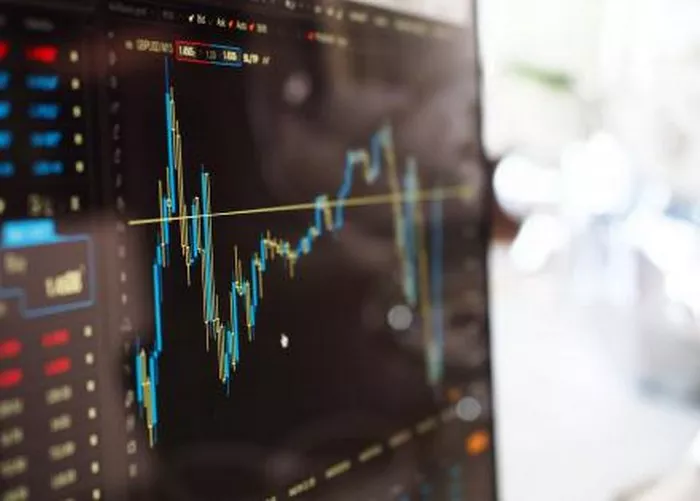Lumber futures serve as essential financial instruments for participants in the lumber industry, providing a platform for hedging against price fluctuations and speculating on future price movements. To engage in lumber futures trading, market participants need to know where these contracts are traded. In this article, we explore the venues where lumber futures are traded, including major futures exchanges and electronic trading platforms.
Futures Exchanges
Futures exchanges are organized marketplaces where standardized futures contracts are bought and sold. These exchanges provide a central trading platform, clearinghouse services, and regulatory oversight to facilitate trading in various financial instruments, including commodities, currencies, and financial derivatives. Several major futures exchanges around the world offer lumber futures contracts to market participants.
Chicago Mercantile Exchange (CME): The Chicago Mercantile Exchange (CME) is one of the largest and most well-known futures exchanges globally. It offers lumber futures contracts traded under the symbol “LB” on its electronic trading platform. The CME provides liquidity, transparency, and efficient price discovery for lumber futures, attracting a diverse range of market participants, including producers, wholesalers, retailers, and speculators.
Intercontinental Exchange (ICE): The Intercontinental Exchange (ICE) is another leading futures exchange that offers lumber futures contracts traded under the symbol “LS.” Like the CME, ICE provides electronic trading facilities, clearing services, and market data for lumber futures trading. The exchange caters to market participants worldwide, offering access to global markets and a wide range of commodity futures contracts.
Electronic Trading Platforms
In addition to traditional futures exchanges, lumber futures can also be traded on electronic trading platforms operated by financial institutions, brokerage firms, and technology providers. These platforms offer direct access to futures markets, real-time market data, and advanced trading tools, enabling market participants to execute trades efficiently and manage their portfolios effectively.
Electronic Communication Networks (ECNs): Electronic Communication Networks (ECNs) are electronic trading platforms that connect buyers and sellers directly, bypassing traditional exchanges. ECNs offer fast execution, low latency, and competitive pricing for lumber futures trading. Market participants can access ECNs through brokerage firms or trading software platforms, enabling them to trade lumber futures from anywhere in the world.
Online Brokerage Platforms: Online brokerage platforms provide retail investors and traders with access to futures markets through web-based or mobile trading applications. These platforms offer user-friendly interfaces, educational resources, and customer support services to help individuals navigate the complexities of futures trading. Retail investors can open trading accounts, fund their accounts, and trade lumber futures using online brokerage platforms.
Algorithmic Trading Systems: Algorithmic trading systems, also known as automated trading systems or trading robots, are computer programs that execute trades automatically based on predefined trading algorithms. These systems analyze market data, identify trading opportunities, and execute trades in real-time without human intervention. Algorithmic trading systems can be used to trade lumber futures efficiently and capitalize on short-term price movements.
Over-the-Counter (OTC) Markets
In addition to trading on futures exchanges and electronic platforms, lumber futures contracts can also be traded over-the-counter (OTC) in decentralized markets directly between buyers and sellers. OTC trading offers flexibility, customization, and confidentiality for market participants seeking to hedge risk or speculate on lumber prices outside of traditional exchange-traded markets.
OTC trading in lumber futures typically involves bilateral agreements between counterparties, facilitated by brokers or financial intermediaries. The terms of the futures contracts, including quantity, price, and delivery terms, are negotiated privately between the parties, allowing for tailored solutions to meet specific hedging or trading needs.
OTC markets provide an alternative to exchange-traded futures contracts, offering greater flexibility in contract terms, settlement options, and counterparty relationships. Market participants in OTC markets can access liquidity from a wide range of counterparties, including producers, consumers, traders, and financial institutions, allowing for efficient price discovery and risk management.
Conclusion
In conclusion, lumber futures are traded on various platforms, including futures exchanges, electronic trading platforms, and over-the-counter markets. Futures exchanges such as the Chicago Mercantile Exchange (CME) and the Intercontinental Exchange (ICE) provide centralized trading platforms, clearing services, and regulatory oversight for lumber futures trading.
Electronic trading platforms offer direct access to futures markets, real-time market data, and advanced trading tools for market participants seeking efficient execution and portfolio management. Over-the-counter markets provide flexibility, customization, and confidentiality for trading lumber futures outside of traditional exchange-traded markets.
By understanding where lumber futures are traded and the features of different trading platforms, market participants can choose the most suitable venue for their trading needs and objectives. Whether hedging against price risk, speculating on lumber prices, or managing investment portfolios, lumber futures offer opportunities for market participants to achieve their trading goals in the lumber market.


